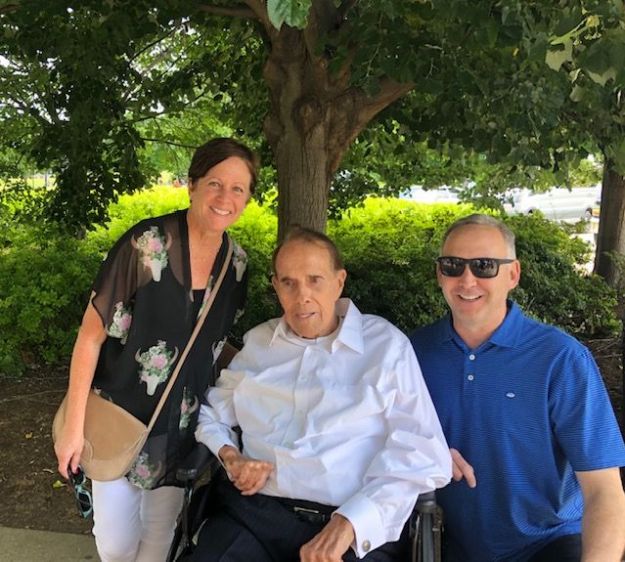A couple of days back I tried to improve your moods by giving you some good news — although it was only good, I suppose, to me.
So back to bad news. Here’s some that should matter to everyone, but most people are probably entirely unaware of it:
After Eight Years of Challenging Each Other’s Politics, One More Chat for the Road
That’s a depressing thing I listened to on Tuesday, a thing that told me that after almost a decade (80 percent is “almost,” right? or at least almost almost) of setting an example for us all, Gail Collins and Bret Stephens were going to stop doing their weekly Conversation feature in The New York Times.
You’ve heard me praise it before. Here’s one example of the hagiography I’ve heaped upon it.
But if you’ve somehow missed it, here’s a brief explanation of what it was (you can read a longer one at that last link above): A weekly demonstration of how intelligent, civilized people discuss things about which they disagree.
Maybe that doesn’t sound like much, but such things are rare as hen’s teeth. Encountering such a feature is like finding a flawless diamond buried in a trash heap — the trash heap that is current political discourse in America.
Our world in the Year of Our Lord 2025 is desperately short of intelligent people (or at least, they’re very quiet and hard to find). And almost no one has any idea how to engage in civil discourse. So when you find two people who possess both those qualities demonstrating an exercise in the amicable, mutually respectful exchange of ideas, you’ve found a seam of gold.
And folks, this is not just about being nice to one’s neighbor, although in truth there’s nothing finer than that. This sort of sharing of thoughts is a necessity in this country — or at least it was, when the system our Framers gave us was functioning.
Ours is a deliberative form of government. For it to work, people with different ideas have to listen to each other, and learn from each other, so that they can come up with solutions that may thrill no one, but that address the issue before them effectively, and in a way that makes the country better.
The way this system is made to function, it is the precise opposite of tribalism. It is the opposite of huddling into groups, and never speaking to people in other groups except to tell them how much you despise them.
I started this blog long ago to provide a place where people could come together and converse in the way Bret Stephens and Gail Collins have been doing these last few years. You may think that was overly ambitious, or at least overly hopeful, of me. But not really. When I started in 2005, such things were still possible, and we had a lot of really good exchanges. Oh, there were a few people who came to win battles, to demonstrate how much smarter they were than everyone else, or simply to shout insults.
But most participants weren’t like that. It was normal for a post to have 100 comments, or 200, or even 300 on rare occasions. I was startled when I realized that I was getting more comments in a day than The State got letters in a week.
At first, the trolls were very few, and I simply ignored them. But then, some of the very best commenters — the ones most like Gail and Bret — started falling away. Frequently, they would say that what caused them to quit was the rising tide of negativity. And we were starting to get more. So I tried various approaches to a civility policy. But the tide just grew higher. Something quite corrosive was destroying the collective American mind. And now, we live in a country and a world that is shockingly different from what we had in 2005.
I got discouraged myself, and eventually spent less and less time here. The days when I quite normally posted 10 times and more are long gone, and hard to imagine now. I’ve posted a couple of times this week, but it’s been a few days since I’ve glanced at the pending comments, and I see that there are 18 of them (what a sad harvest after the 300 a day of years gone by!). I know that a number of them will be of the unpleasant sort. Hear me when I say that I will not approve any of those. If they don’t show at least a hint of the attitude I find in one of those NYT Conversations, they’re gone.
As for Collins and Stephens themselves, what’s their excuse for stopping this constructive collaboration? They’re not discouraged. So why? Well, it’s the usual answer we get when favorite columnists go away for awhile — they’re writing books! Well, these are fine folks, and I’m sure these will be fine books.
But I don’t see how they’ll do the country nearly as much good as The Conversation…


























